There are nine common types of work-integrated learning. They are Applied Research, Apprenticeship, Co-operative Education, Entrepreneurship, Field Placement, Internships, Professional Practice (practicum and clinical), Service Learning, and Work Experience: Applied Research Project. This type of WIL is when students participate in research at.. Work-Integrated Learning gives students the tools to engage in hands-on learning. This form of experiential learning introduces students to what work might look like in their future career and helps them develop skills to be a successful professional. Recent studies show that bachelor’s degree recipients that participate in work-integrated.
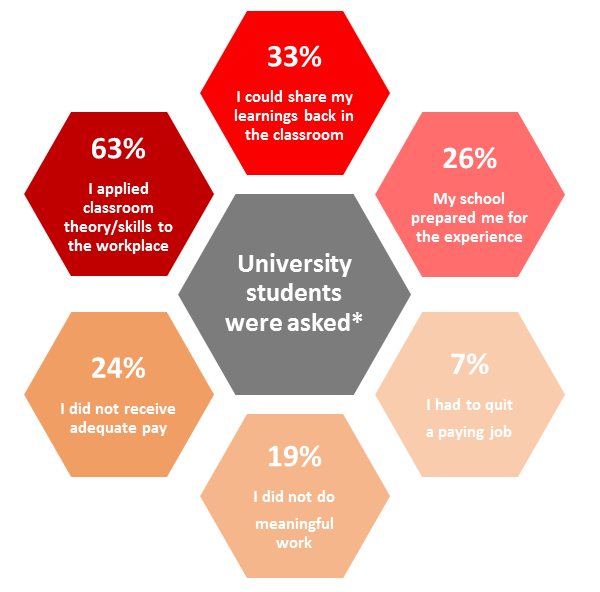
EduData Students’ perspectives on workintegrated learning It’sNotAcademic
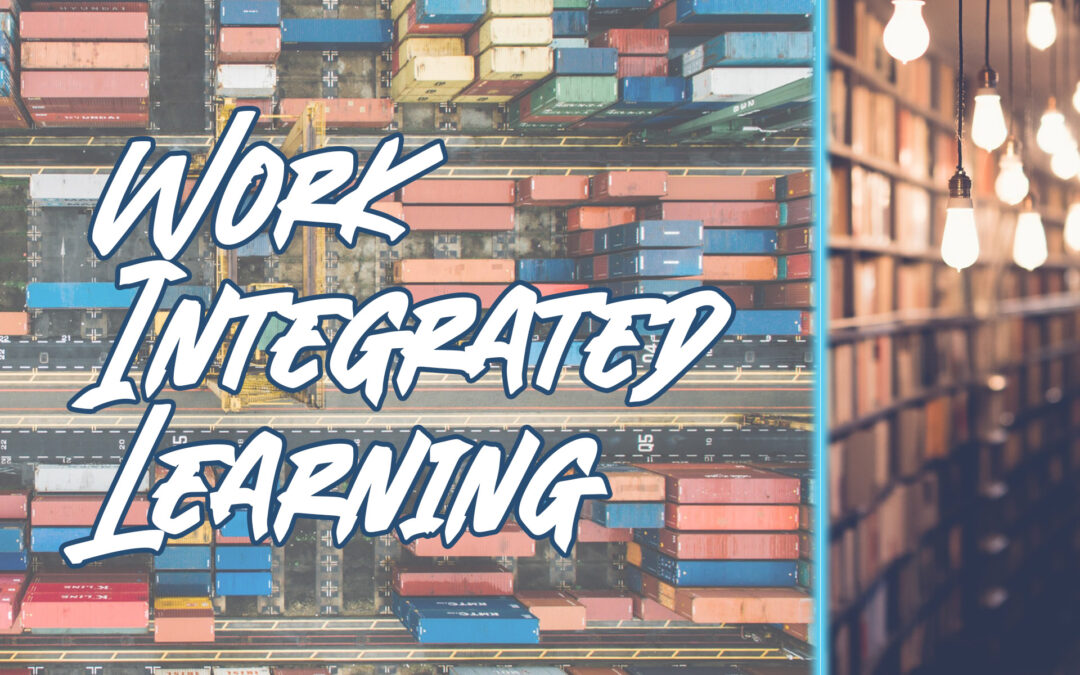
Work integrated learning Archives EduSourced
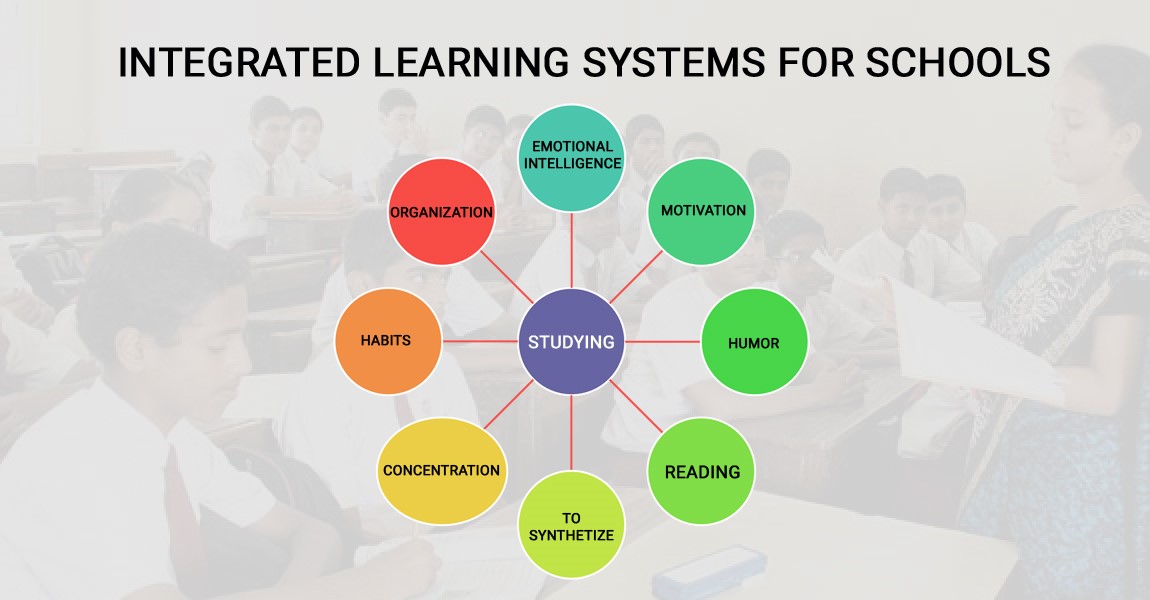
Integrative Learning ilca Inter Language & Career Academy

(PDF) Work Integrated Learning (WIL) Integrating Frameworks for Education and Practice
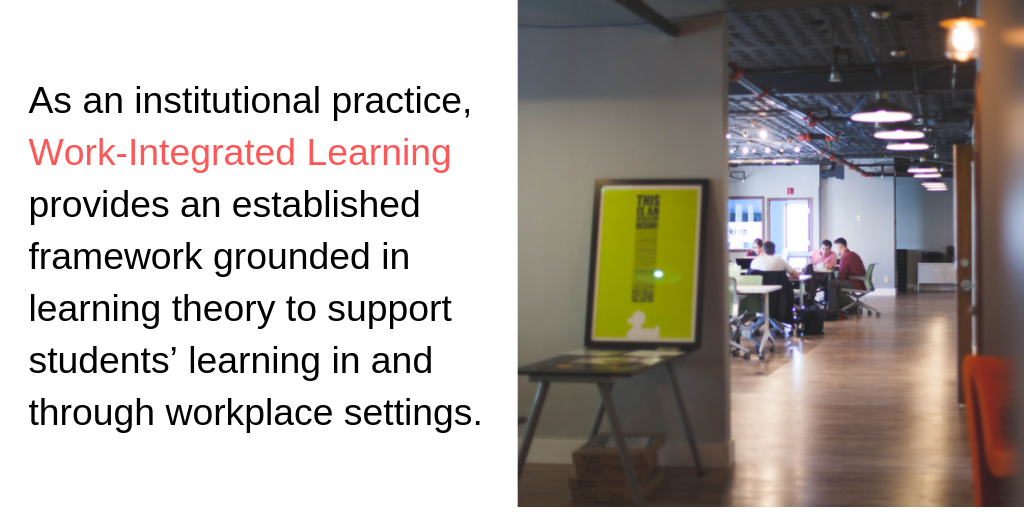
What is WorkIntegrated Learning? Center for Engaged Learning
What is WorkIntegrated Learning? Center for Engaged Learning

How workintegrated learning helps to make billions in uni funding worth it

Critical Perspectives on WorkIntegrated Learning in Higher Education Institutions Cambridge

Work Integrated Learning WIL What is WIL Project

Work Integrated Learning Program & Internship Simplicity

Work Integrated Learning YouTube

(PDF) Work Integrated Learning Learner Guide One
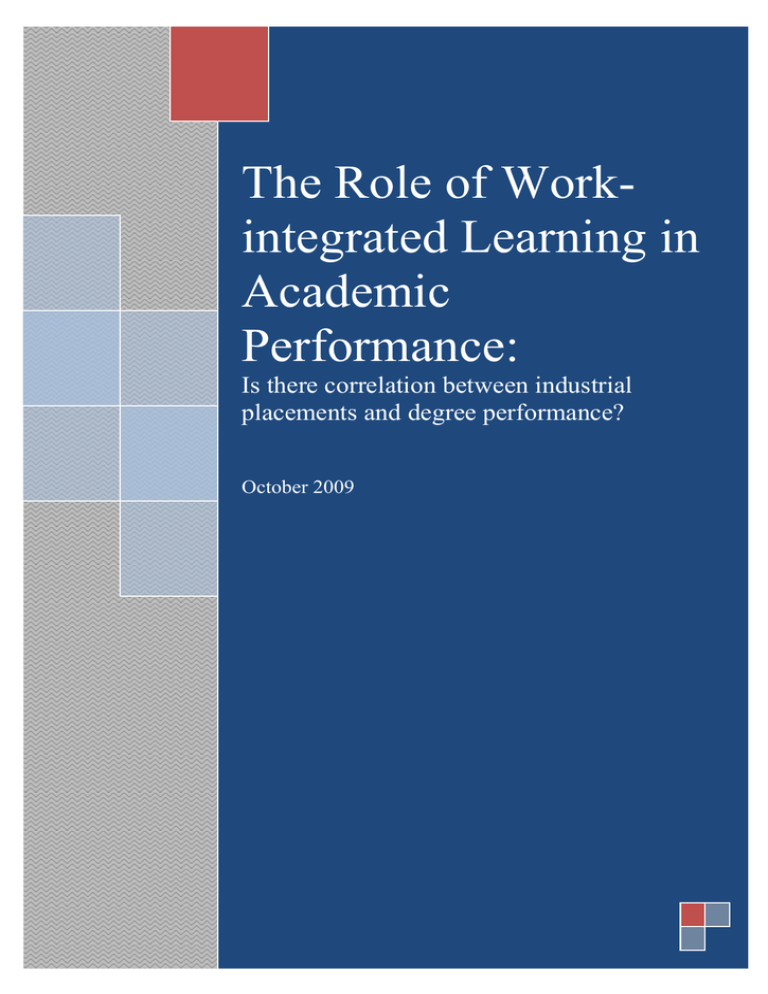
The Role of Workintegrated Learning in Academic Performance
 E.g..png)
Work Integrated Learning

Walter Sisulu University WorkIntegrated Learning
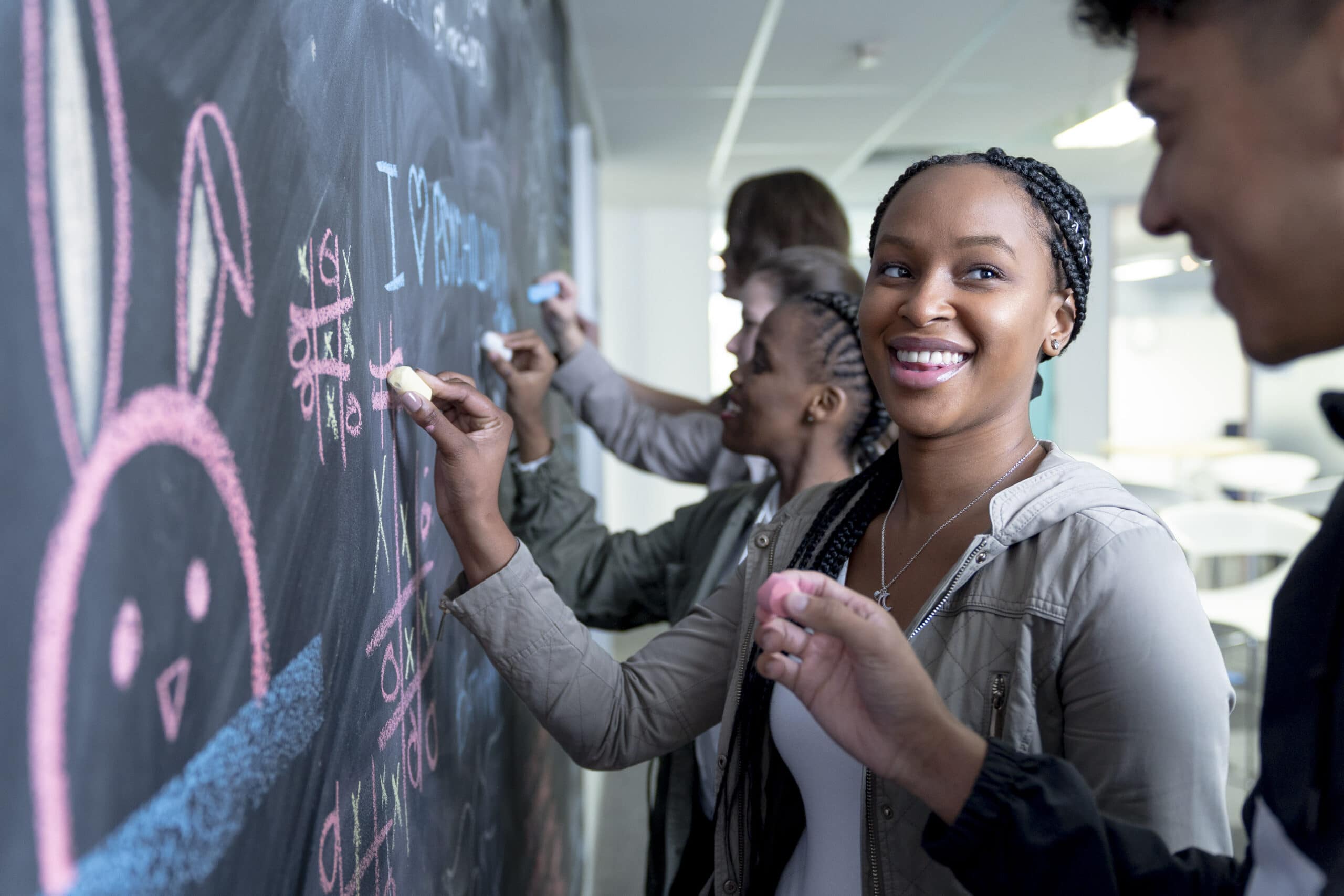
What Is Work Integrated Learning? Fieldowork Placement Organisations

Work Integrated learning YouTube

(PDF) A practical guide for workintegrated learning Effective practices to enhance the

Global Online Learning Work Integrated Learning YouTube

What is integrated learning? YouTube
The five‐step work integrated learning process described in Chapter 8, illustrates that work integrated learning programmes are not stand‐alone processes but involve many interlinking processes and address diverse, and at times competing, concerns. To accomplish this, a clear purpose and mandate is essential… Work-integrated learning is a form of experiential learning. The word “experiential” highlights that your learning is occurring through experience. The structured process of WIL guides you through a cycle of learning. David Kolb (1984), a psychologist and educational theorist, developed a theory that outlined the cycle of experiential learning.